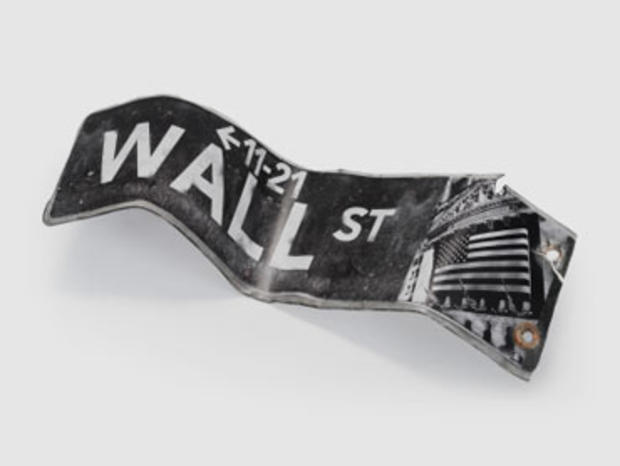Finance Bill Passes, So Why Am I Depressed?

This post by Jill Schlesinger originally appeared on CBS' MoneyWatch.com.
The Senate passed (59-39) the most sweeping changes to financial regulation in decades, so why do I feel depressed? It may have something to do with the fact that the bill kicks the can down the road on what remains the scariest issue: the size and interconnectedness of our financial institutions.
Still, I guess it's a start-here's what made it into the Senate bill-remember that the Senate and the House have to get together and come up with one bill that the President can sign.
Bureau of Consumer Financial Protection: This independent agency will be housed within the Fed with rule-making authority and enforcement powers over banks and non-banks engaged in offering financial products or services that have a "material impact on a consumer". BUT, the powers are subject to oversight by the Council of Regulators (see below). Financial guru Jane Bryant Quinn told me that the Senate version is far tougher than the House bill and she sees real progress for consumers.
Still, while there was talk of trying to impose a fiduciary duty on broker-dealers providing investment advice to customers, the Senate passed on the "f-word".
Council of Systemic Risk Regulators: The goal is to put all of the big regulators in a room so they can prevent bubbles and stop too big to fail. I imagine this to be like the Justice League of America on the cartoon "Super Friends" -- Mary Schapiro and Sheila Bair will be fighting over who will be Wonder Woman.
Resolution Authority: The government will be able to wind down failing institutions without putting taxpayer money at risk. The house bill imposes a fee on banks to raise $150 billion, which the Senate version
Derivatives: The bill requires trading of these complex instruments on exchanges and cleared through a third party. The Blanche Lincoln amendment, which forces banks to purge derivative units from their operations, made it into the bill. But most people I talk to say that when the Senate and House bills are reconciled, this won't survive. Even regulatory toughie Yves Smith says that "implementing it would be hugely disruptive"."
Too Big to Fail/Volcker Rule: Here's where the reform process may have broken down. Many have suggested (and I agree) that the essential component of regulatory reform would limit the size and interconnectedness of financial firms. The "Volcker Rule," which would have potentially prohibit firms from participating in certain businesses, which in turn would force them to reduce their size, survived, but with so many exemptions that the rule has been watered down. The Volcker Rule boils down to "let's do a study and then maybe we'll actually do something...or not.
Stay tuned--lots more to report when the final bill is ready!
Jill Schlesinger is the Editor-at-Large for CBS MoneyWatch.com. Prior to the launch of MoneyWatch, she was the Chief Investment Officer for an independent investment advisory firm. In her infancy, she was an options trader on the Commodities Exchange of New York.

